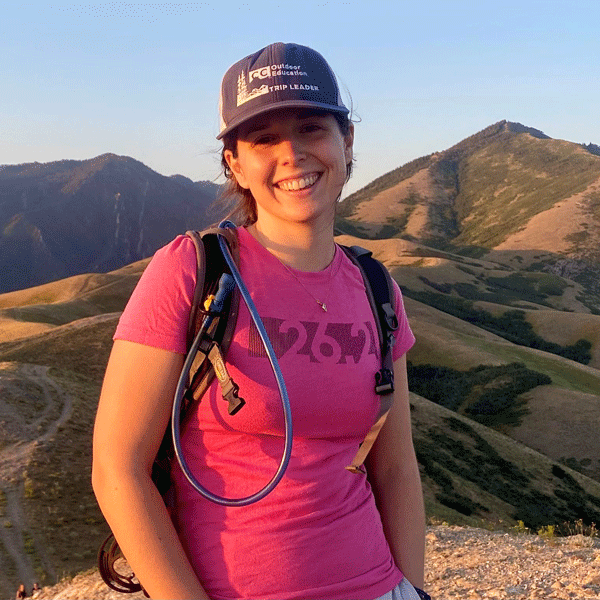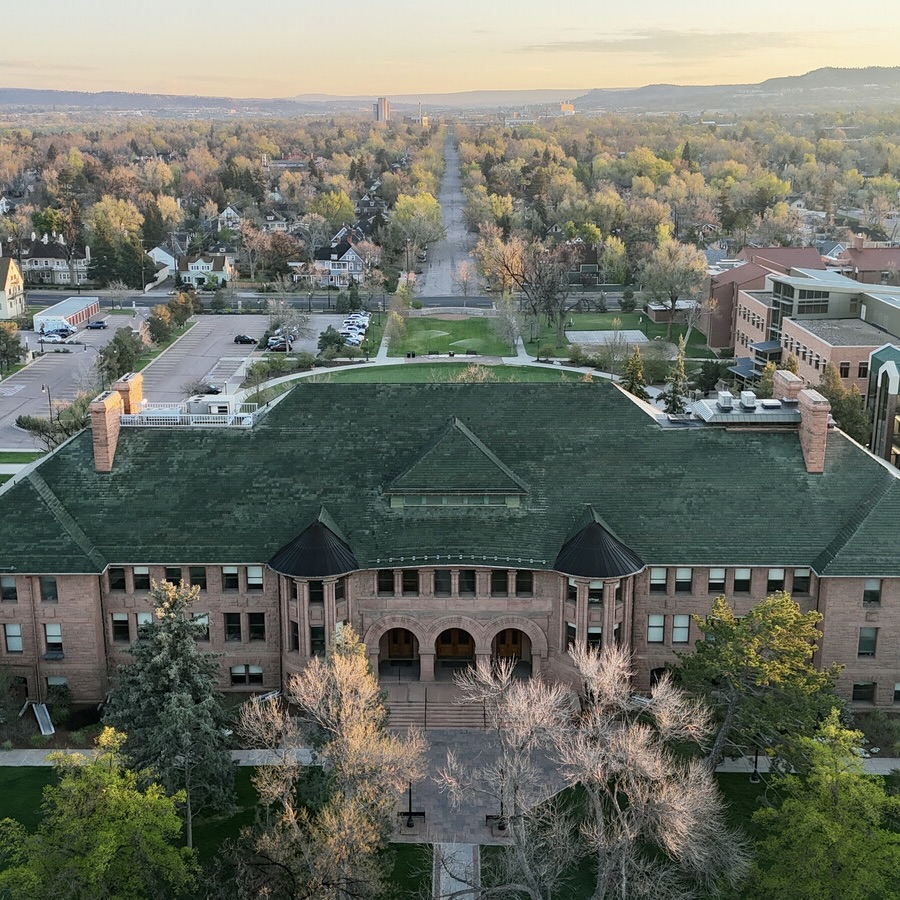Grace Perry ’19, who graduated magna cum laude with a degree in sociology and minors in Spanish and journalism, has received a Fulbright research grant to conduct sociological research in Montevideo, Uruguay.
Perry’s project in Uruguay is modeled after her senior thesis, in which she partnered with a group of trans students on the CC campus to explore their daily, lived experiences, and identify spaces where they confronted exclusion and erasure on campus.
Perry, of Washington, D.C., notes that in 2018 Uruguay passed one of the most progressive pieces of trans legislation in the world, the Ley Integral Para Personas Trans, which she says will likely inform other country’s LGBTQ policy deliberations in the coming decades.
“We will use a qualitative research methodology to unpack my partners’ daily, lived experiences and identify actionable solutions to the issues they continue to face,” says Perry. In addition to Unión Trans, she also has identified an academic affiliate, a professor at Universidad Católica del Uruguay in the Department of Political and Social Sciences, who specializes in the study of social inequities and public policy. “She will help us translate our research findings for a political audience, in the hopes of informing future legislative conversations,” Perry says.
Perry has worked for the University of Utah since graduating from Colorado College. She began as a qualitative research analyst with the Division of Epidemiology, where she worked on a variety of projects, including effective interventions in addressing veteran opioid dependence and child and family experiences in the Pediatric Intensive Care Unit. Last fall, she became the study coordinator for Pediatric Hospital Medicine and devotes most of her time to a Patient Centered Outcomes Research Institute grant, aimed at alleviating health disparities in children with asthma.
Perry, a member of the Phi Beta Kappa honor society, was inducted into Alpha Kappa Delta, an international sociology honor society, and Phi Sigma Iota, an international language honor society, says she hopes to one day pursue a career centered around community-engaged, participatory research, aimed at informing public policy and directing legislative dialogue.
“Social science has a history of engaging in colonial practices, wherein researchers’ expertise is of higher value than their participants’. Therefore, I seek to ground all my work in partnerships with existing community organizations, in an effort to democratize research,” she says. “As a member of the LGBTQ community, this research is also deeply personal, and I hope to utilize what I learn from my research partners in Uruguay to advocate for LGBTQ rights across the United States in the coming years.”






